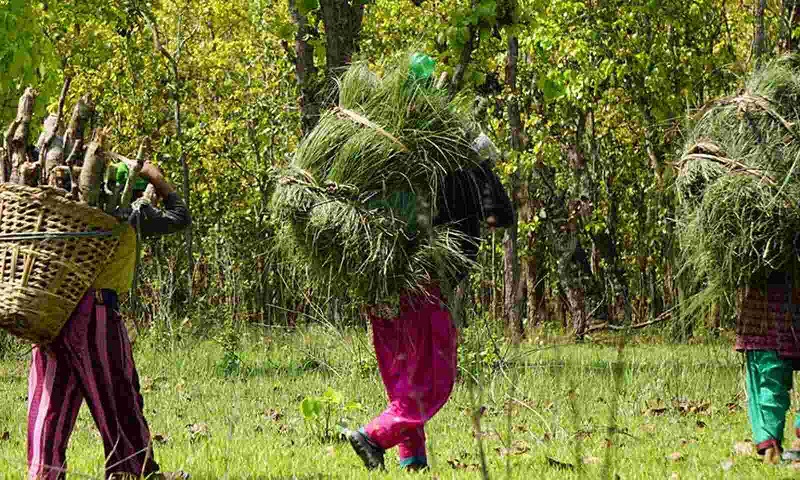New Delhi: As about 89 out of the 106 national parks in India are established in the areas inhabited by the Scheduled Tribes, the Kunming-Montreal Global Biodiversity Framework will destroy the indigenous population, warned activists Suhas Chakma.
Suhas Chakma, Regional Campaign Manager of the Initiative on Indigenous Peoples Affected by Protected Areas (IPLP) said that the indigenous peoples will suffer destruction if Target 3 of the Kunming-Montreal Global Biodiversity Framework is implemented.
The IPLP campaign manager addressed the “Symposium on Conservation, Racism and Indigenous Peoples Human Rights” on Saturday, which was organized by the University of Arizona.
Indigenous people across the world will suffer if Target 3 of the Kunming-Montreal Global Biodiversity Framework is implemented to increase global protected areas to at least 30 percent from the current 16 per cent, Chakma said.
Giving details about the remaining 17 national parks not inhabited by the STs in India, Chakma said two national parks – South Button Island National Park and Rani Jhansi Marine National Park under Andaman and Nicobar Islands) are marine areas and do not have any human habitation.
The expansion of protected areas of Kumbhalgarh Wildlife Sanctuary in Rajasthan and Nauradehi Sanctuary in Madhya Pradesh mainly impact the STs and other forest dwellers.
Chakma said Assam government’s notification for the Barak Bhuban Wildlife Sanctuary reported no dwellers in the area. “But indigenous Khasi people have been living inside the proposed sanctuary since 1914,” he said.
“The STs constitute about 8.6 percent of the total population of India, and constitute 84 percent of the communities impacted by the protected areas,” Chakma said.
He said if the indigenous people win the right to stay inside the protected areas, they will live under constant human rights violations such as restrictions of the freedom of movement, little or no access to development initiatives, excessive surveillance, criminal cases for alleged making country-liquor cases, and poaching.
“And if they accept relocation, the world simply has not seen a single successful case of rehabilitation and resettlement,” Chakma said.
The most serious emerging challenge is the increasing privatisation of the protected areas in the name of eco-tourism and sustainable eco-tourism, he said.
“The protected areas are increasingly becoming more of tourism spots and less about protection of the species, with expensive safaris being provided as recreational opportunities to the elites of the world, often in the name of indigenous peoples,” Chakma said.















